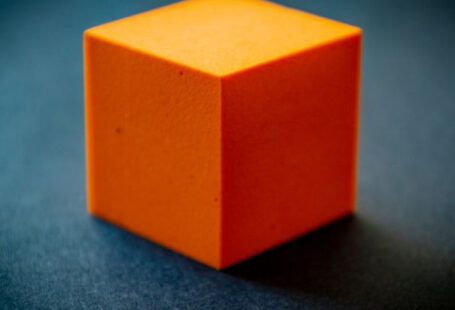Maintaining a clean and hygienic swimming pool is essential for the health and enjoyment of swimmers. Chlorine has long been the standard choice for pool sanitation due to its effectiveness in killing bacteria and keeping the water clear. However, some individuals may be sensitive to chlorine or prefer to use more natural alternatives. Fortunately, there are several options available that can help keep your pool clean without the use of harsh chemicals. In this article, we will explore some natural alternatives to chlorine in pools that are both effective and environmentally friendly.
Saltwater Systems
Saltwater pools have gained popularity in recent years as a natural alternative to traditional chlorine pools. Instead of adding chlorine directly to the water, saltwater pools use a salt chlorine generator to produce chlorine from salt that is already dissolved in the water. This process creates a more stable chlorine level that is gentler on the skin and eyes compared to traditional chlorine pools. Saltwater pools also require less maintenance and are known for their softer feel, making them a popular choice for those looking for a more natural swimming experience.
Ozone Systems
Ozone systems are another natural alternative to chlorine that can help keep your pool clean and safe. Ozone is a powerful oxidizer that effectively kills bacteria and other contaminants in the water. Ozone systems work by injecting ozone gas into the water, where it reacts with impurities and breaks them down. This process helps reduce the need for chlorine and other chemicals, making ozone systems a more eco-friendly option for pool sanitation. Additionally, ozone systems are known for their ability to improve water clarity and reduce chemical odors, providing a more enjoyable swimming experience for pool users.
UV-C Systems
UV-C systems utilize ultraviolet light to sanitize pool water and eliminate harmful microorganisms. UV-C light disrupts the DNA of bacteria, viruses, and algae, rendering them harmless and preventing them from reproducing. By installing a UV-C system in your pool, you can significantly reduce the amount of chlorine needed to maintain water quality. UV-C systems are a natural and chemical-free way to sanitize your pool, making them a popular choice for those looking to minimize their exposure to harsh chemicals. Additionally, UV-C systems are easy to install and require minimal maintenance, making them a convenient and cost-effective option for pool owners.
Ionizers
Ionizers use copper and silver ions to sanitize pool water and inhibit the growth of algae and bacteria. These ions work by disrupting the cell walls of microorganisms, preventing them from thriving in the pool water. Ionizers are a natural and effective alternative to chlorine that can help reduce the reliance on harsh chemicals. By using an ionizer in your pool, you can enjoy clean and clear water without the negative side effects associated with traditional chlorine treatments. Ionizers are easy to install and operate, making them a low-maintenance option for pool owners looking to improve water quality naturally.
Conclusion
In conclusion, there are several natural alternatives to chlorine in pools that can help maintain clean and safe swimming environments. From saltwater systems to ozone, UV-C, and ionizers, there are plenty of options available for pool owners looking to reduce their use of harsh chemicals and create a more natural swimming experience. By exploring these alternatives and finding the right solution for your pool, you can enjoy crystal-clear water and peace of mind knowing that you are making a healthier choice for yourself and the environment.





